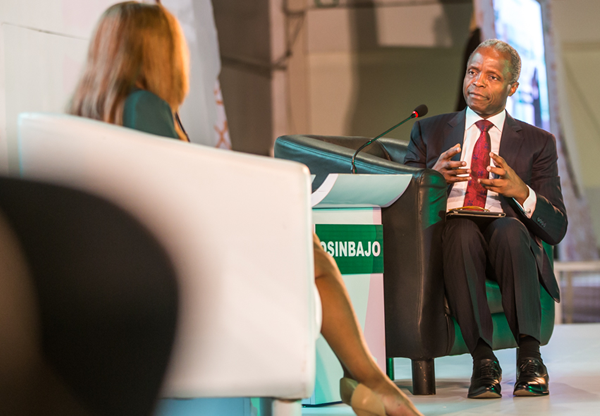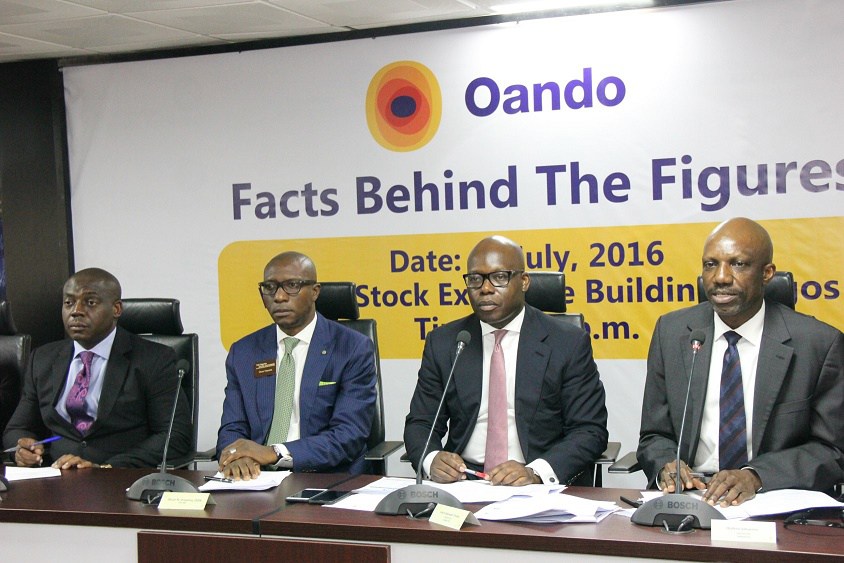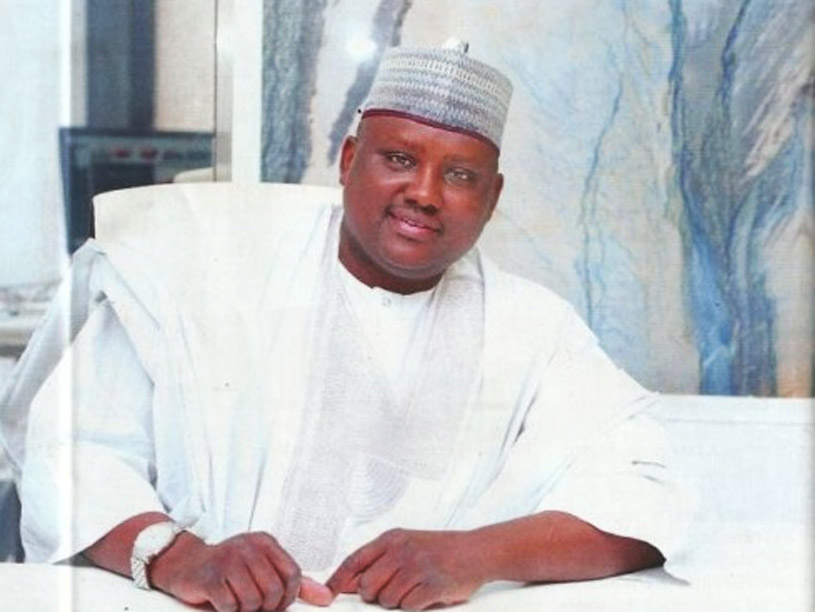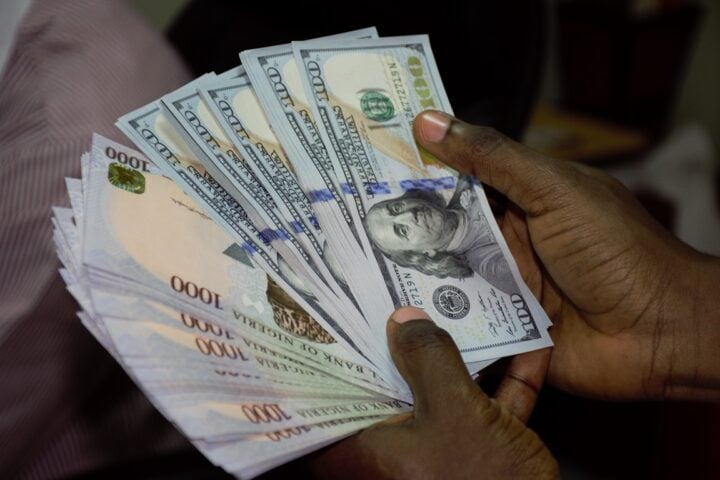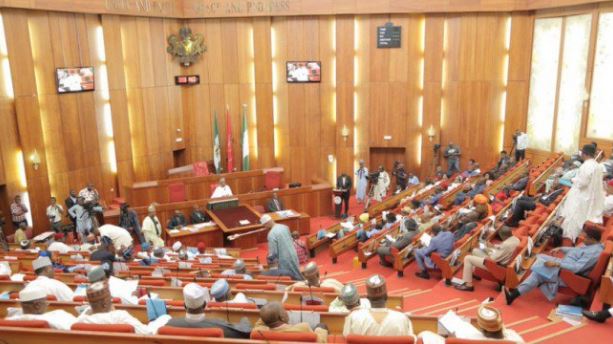Vice-President Yemi Osinbajo says Nigeria is still suffering the consequences of the lack of transparency involved in the award of OPL 245 to Malabu Oil and Gas Ltd in 1998.
Speaking in Jakarta, Indonesia, on Monday at a conference on beneficial ownership organised by the Extractive Industries Transparency Initiative (EITI), Osinbajo also said hidden corporate ownership poses “real and present danger” to most countries, especially the developing ones such as Nigeria.
OPL 245 was awarded to Malabu at a time the beneficial owners were Dan Etete, then minister of petroleum resources who approved the licence, and Mohammed Abacha, son of the head of state at the time.
Their identities as the beneficial owners were later publicly revealed after the death of Sani Abacha, which effectively terminated his military regime.
Advertisement
Osinbajo said: “It is important to underscore the fact that opacity in one section of the globe undermines openness in the other. We need to break down this wall together as we are all at risk of the evil effects of opacity in business ownership.
“Nigeria is still grappling with the negative consequences of the use of opacity by senior members of government and their cronies between 1993 and 1998 awarding themselves juicy contracts in the extractive industry.
“One of such incidents involving a company called Malabu Oil and Gas has been and is still subject of criminal and civil proceedings in many parts of the world involving huge legal costs while the full benefit of the natural resource remains unexploited for the benefit of the people of Nigeria to which it belongs.”
Advertisement
OPL 245 was revoked in 2001 by President Olusegun Obasanjo and awarded to Shell same year, but was revoked again in 2006 and returned to Malabu following an out-of-court settlement.
President Goodluck Jonathan finally restored the block to Malabu in 2010 in a $1.3 billion deal.
An estimate says OPL 245 holds reserves of 9.3bn barrels of crude oil and gas reserves.
But the deal has become a subject of litigation as Shell and ENI paid $1.1 billion to acquire the field from Malabu and $210 million to the federal government as signature bonus.
Advertisement
Both payments were made to a federal government account, leading to suspicion that Shell and ENI did not want to be directly involved with Malabu because of corporate governance issues.
Italian prosecutors believe Shell and ENI executives knew government officials were going to be bribed from the payments for their roles in getting the deal approved.
Add a comment
